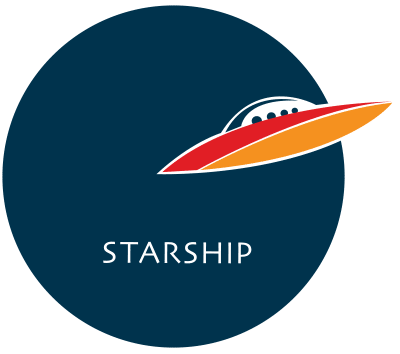In the early 2000s, Lego was close to being bankrupt. Today, it’s one of the world’s most loved and successful toy companies, with a profit of $1 billion in 2014. This dramatic turn around was partly attributed to Denmark’s corporate culture, which is more open and self-critical than most, but also largely because of the company’s decision to open itself up to its huge fanbase. From FastCoCreate:
“As documentary filmmakers, often you’re trying to encapsulate what people say,” says Junge. “Not necessarily feed them lines but try to get them to say things in a concise way. And when I heard executives talking about some achievements in the company, I would ask them, ‘Are you proud?’ Or, ‘Would you mind saying that you’re proud? Can you discuss the pride you have in the product?’ And whenever I said that word, they would sort of get rankled. Finally, one of them pulled me aside and said, ‘You know, in our culture, we don’t like this word ‘proud’ or ‘pride.’ And that’s a very Danish thing. It’s not at all how we reflect ourselves here in this country.”
Davidson says, having spent a good amount of time now in Scandinavia, he absorbed the “we” nature of business there, which was key to the Lego turnaround, and making the film. “It’s generally frowned upon to be about the ‘I.’ It’s always about the ‘we.’ We as a collective group, as a think tank, have accomplished this together. So the ego is kind of left at the door, which is different from businesses here.
